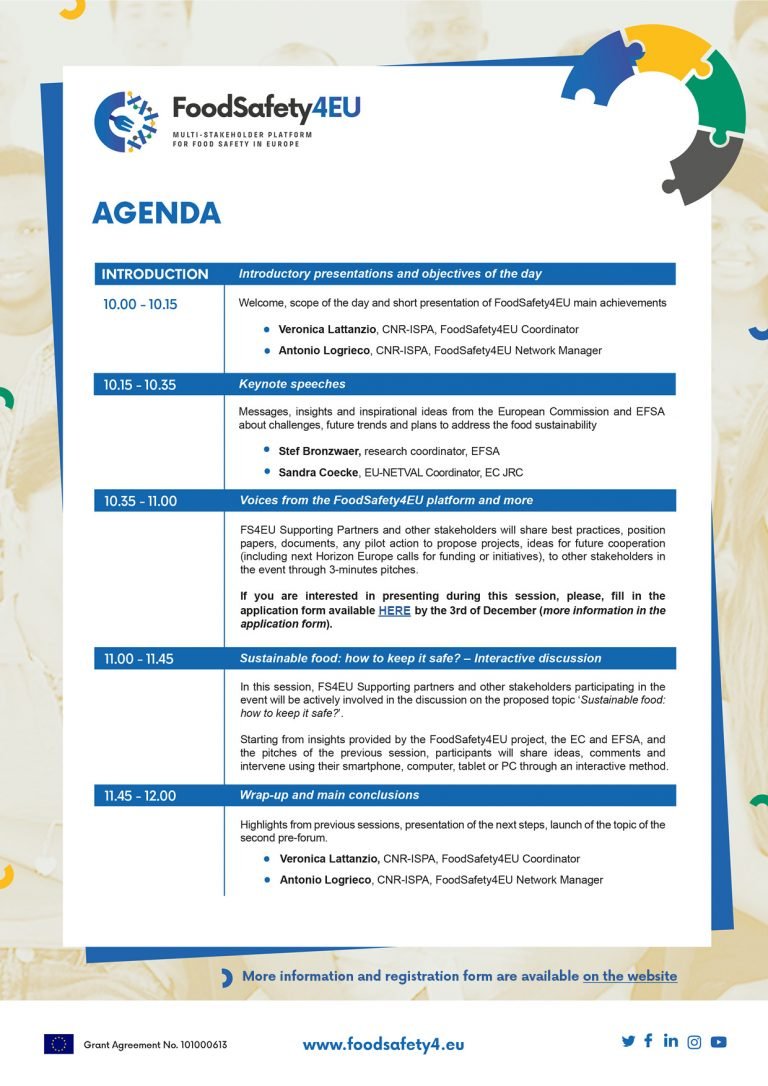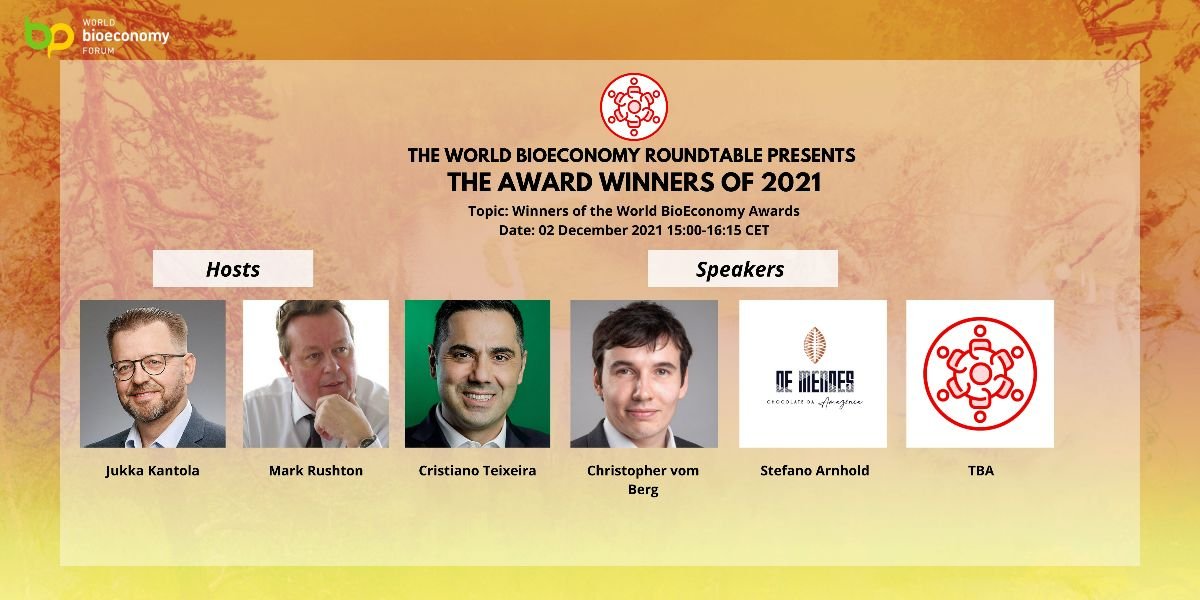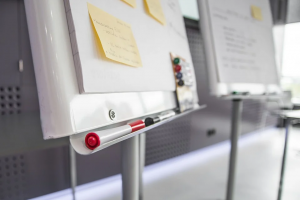Three new publications on entrepreneurship education and women’s entrepreneurship
The Publications Office of the European Union has recently made available for free download three new publications on entrepreneurship education and women’s entrepreneurship.
Below you can find per each publication a short introduction and a direct link to download the PDF copy.
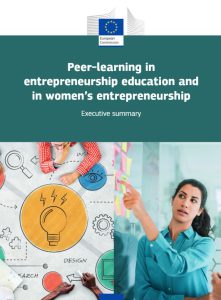
Peer-learning in entrepreneurship education and in women’s entrepreneurship – Executive summary
Authors: Volkmann, Christine; Tømmerbakke, Jarle; Rancakova, Dagmar; Grünhagen, Marc; Melleri, Minna; Hostak, Juraj; Lilischkis, Stefan; Recheva, Tomislava
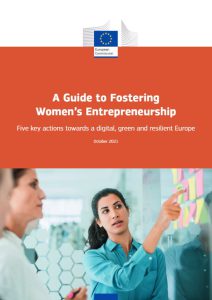
A guide for fostering women’s entrepreneurship
Authors: Rancakova, Dagmar; Hostak, Juraj; Lilischkis, Stefan
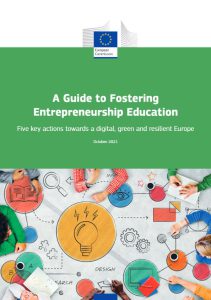
A guide for fostering entrepreneurship education
Five key actions towards a digital, green and resilient Europe
Authors: Volkmann, Christine; Tømmerbakke, Jarle; Melleri, Minna; Grünhagen, Marc; Lilischkis, Stefan
The reports from the European project “Peer-learning Activities in Entrepreneurship Education and in Women’s Entrepreneurship” are also published and available at the following links:
- A Guide to Fostering Entrepreneurship Education. Five key actions towards a digital, green and resilient Europe. Catalogue number: EA-09-21-266-EN-N.
A guide for fostering entrepreneurship education – Publications Office of the EU (europa.eu) - A Guide to Fostering Women’s Entrepreneurship. Five key actions towards a digital, green and resilient Europe. Catalogue number: EA-09-21-267-EN-N.
A guide for fostering women’s entrepreneurship – Publications Office of the EU (europa.eu) - Peer-learning in entrepreneurship education and in women’s entrepreneurship. Executive summary. Catalogue number: EA-09-21-268-EN-N.
Peer-learning in entrepreneurship education and in women’s entrepreneurship – Publications Office of the EU (europa.eu)



